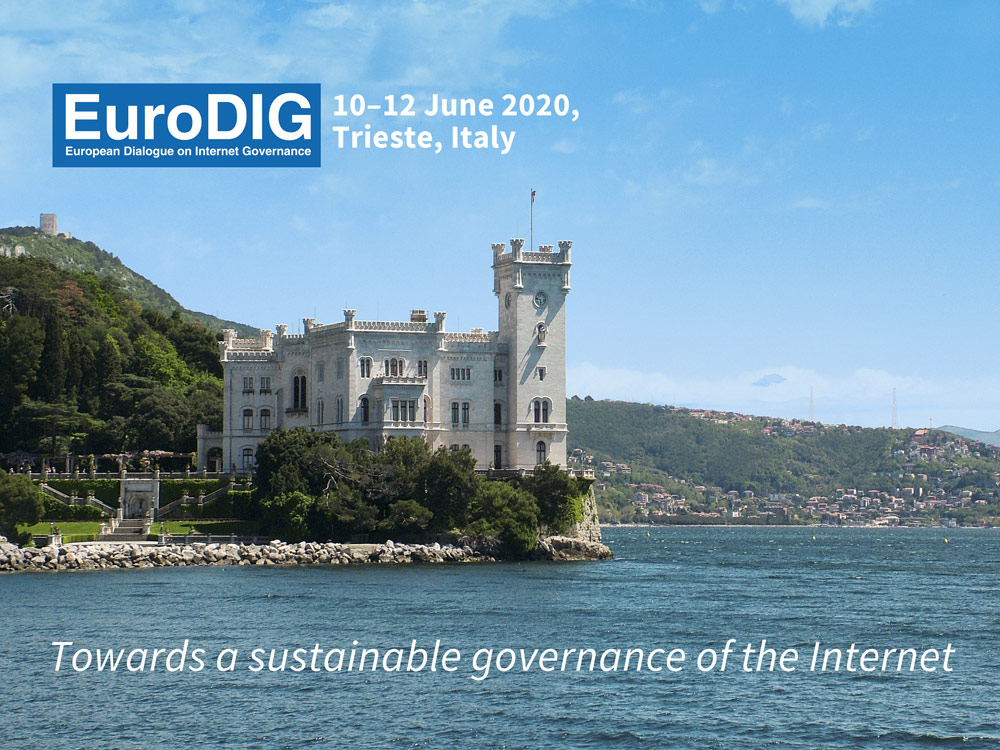Digital sovereignty: From users’ empowerment to technological leadership
11 Jun 2020 17:00h - 18:00h
Event report
Moderated by Mr Olivier Bringer (Head of Unit, Next Generation Internet, Directorate-General for Communications Networks, Content and Technology (DG CONNECT), European Commission), the session addressed the concept of digital sovereignty and Europe’s role in upholding the end-users’ digital sovereignty.
According to Ms Kerstin Noelle Vokinger (Assistant Professor, University of Zurich), the EU is at the frontline when it comes to enabling the digital sovereignty of individuals due to its legal, ethical, and basic values relevant for digital self-determination; such as, transparency and trust, control and self-determined data sharing, user-oriented data spaces, which were in place before the digital era. However, she noted that it is crucial that the EU takes more action than before in order to retain its leading role in topics around digital sovereignty.
Ms Francesca Bria (Chairman of CDP Venture Capital SGR-National Innovation Fund) sees digital sovereignty as referring to political and industrial sovereignty; European competitiveness; welfare; and national security. It also impacts all industries, from healthcare and education to transportation. In addition, the concept relates to the citizens’ digital sovereignty and implies devoting more power to the citizens and their ability to participate in shaping the digital society.
According to Bria, the question of individual sovereignty is also a question of collective sovereignty, because the approach of the EU on this issue has always been about collective rights to data, information, self-determination, and building citizen capacities to take back control of their data. She noted that the pandemic has shown very clearly the need to mobilise these assets for the collective good and public interest.
Another topic addressed by the panellists was the role of technology in increasing user sovereignty. To that end, Mr Steven Tas (Director Regulatory, Proximus) remarked that the real foundation of digital sovereignty is digital infrastructure; and therefore it is crucial to focus on investments in telecommunications infrastructure. He also stressed the importance of data seen as the intersection between artificial intelligence (AI), Internet of things (IoT), and 5G networks, and pointed out that the EU should use the full potential of data.
Mr Pierre Bonis (Director General of Association française pour le nommage Internet en coopération [AFNIC]) referred to the question of ownership, adding that European countries need to make sure that they are able to manage all the critical parts of the Internet infrastructure themselves. In this respect, having the necessary knowledge, capacity, competences, and the ability to innovate is key. To that end, to ensure full participation in the digital economy, the EU also needs to have a strong position on software, and not just infrastructure.
By Katarina Anđelković
Related topics
Related event

